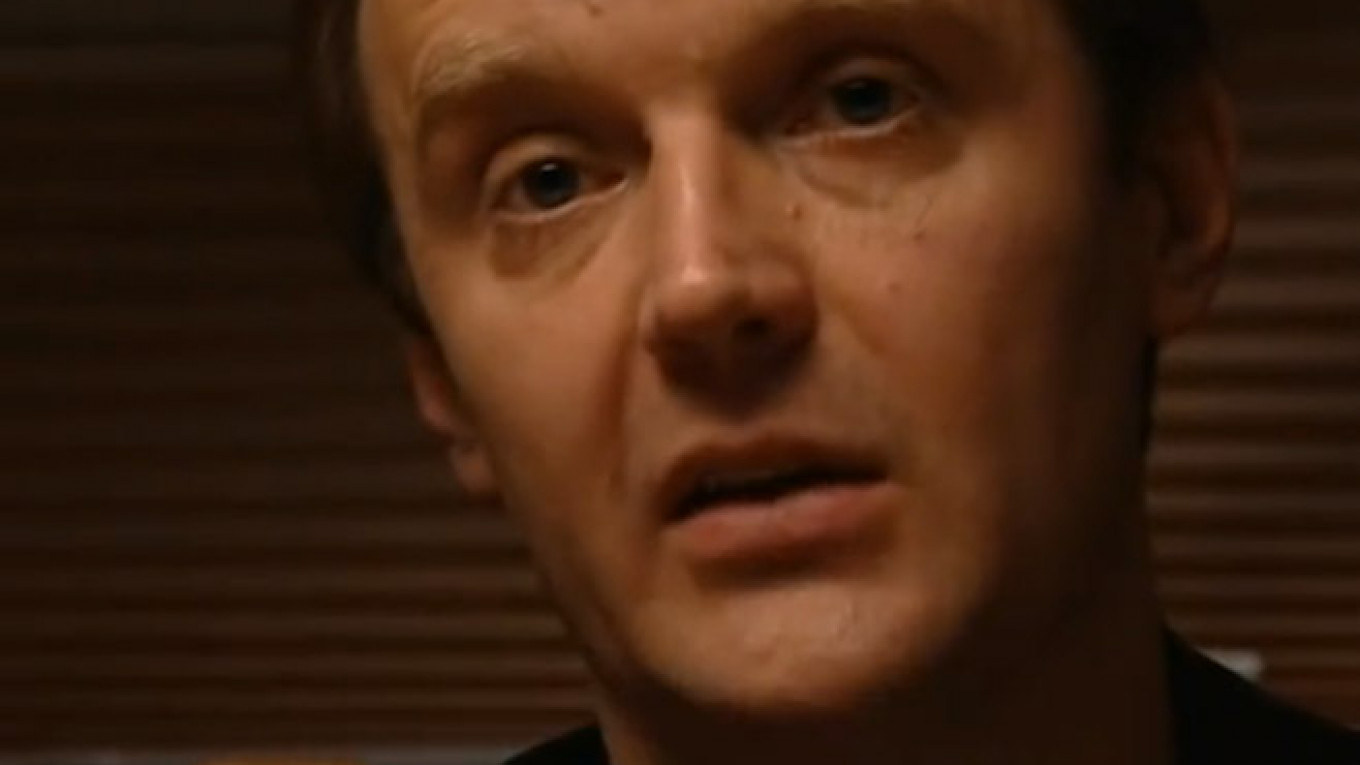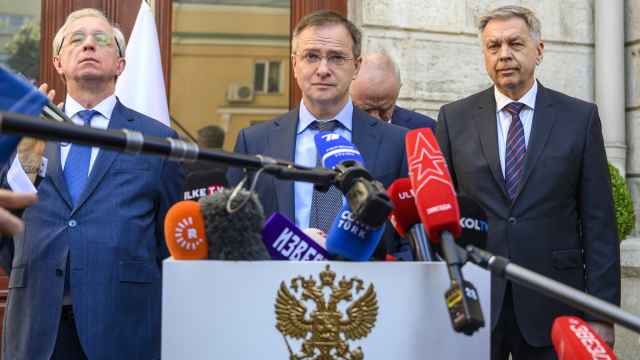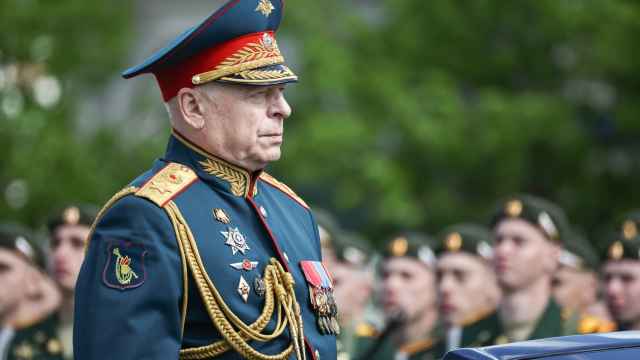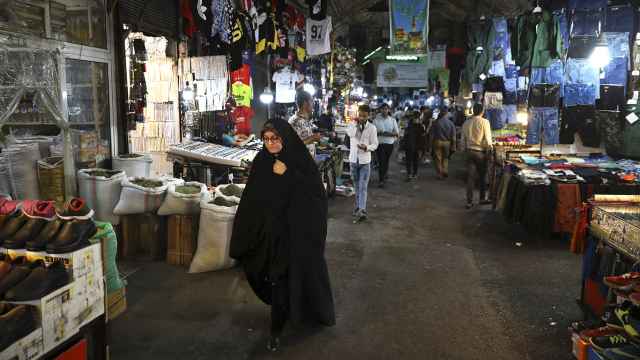A representative of Russia's Foreign Ministry has slammed Britain's decision to hold a public inquiry into the mysterious death of former Russian agent Alexander Litvinenko, as Russia's Investigative Committee has refused to take part.
Litvinenko, a former Federal Security Service agent, died in a London hotel in 2006 after drinking tea laced with radioactive polonium-210. From his death bed, he accused President Vladimir Putin of having killed him.
In late July, in what was widely seen as a snub to Russia amid an ongoing diplomatic spat, Britain announced plans to hold a public inquiry into Litvinenko's death. A British judge said at the time that the central question in the inquiry was whether Russian officials had ordered the killing.
On Wednesday, Alexander Lukashevich, a spokesman for Russia's Foreign Ministry, said Russian investigators had already informed British authorities that they would not be cooperating, adding that the "new 'public inquiry' in London will not be 'public' at all," according to a statement on the ministry's website.
"Whatever information the British authorities have, it is already evident that the British government will not allow it to become the subject of an open, thorough process with participation by Russian investigators. It is hard to imagine how such an investigation could be objective," Lukashevich said.
"We greatly regret that by taking this path the British authorities have turned out to be either incapable or unwilling to hold a real open, transparent and impartial investigation into this case," he said.
Lukashevich stressed that Russian investigators had cooperated with their British counterparts since December 2012, providing all relevant materials and offering all requested assistance.
The British government's decision on July 31 to hold its own public inquiry, however, would exclude Russian investigators from the case, he said.
"In reality, this means that the relevant materials, considered 'classified' by the British authorities, will be discussed at closed hearing in London. They will be accessible neither to the Russian Investigative Committee nor to the public," Lukashevich said.
Contact the author at a.quinn@imedia.ru
A Message from The Moscow Times:
Dear readers,
We are facing unprecedented challenges. Russia's Prosecutor General's Office has designated The Moscow Times as an "undesirable" organization, criminalizing our work and putting our staff at risk of prosecution. This follows our earlier unjust labeling as a "foreign agent."
These actions are direct attempts to silence independent journalism in Russia. The authorities claim our work "discredits the decisions of the Russian leadership." We see things differently: we strive to provide accurate, unbiased reporting on Russia.
We, the journalists of The Moscow Times, refuse to be silenced. But to continue our work, we need your help.
Your support, no matter how small, makes a world of difference. If you can, please support us monthly starting from just $2. It's quick to set up, and every contribution makes a significant impact.
By supporting The Moscow Times, you're defending open, independent journalism in the face of repression. Thank you for standing with us.
Remind me later.






